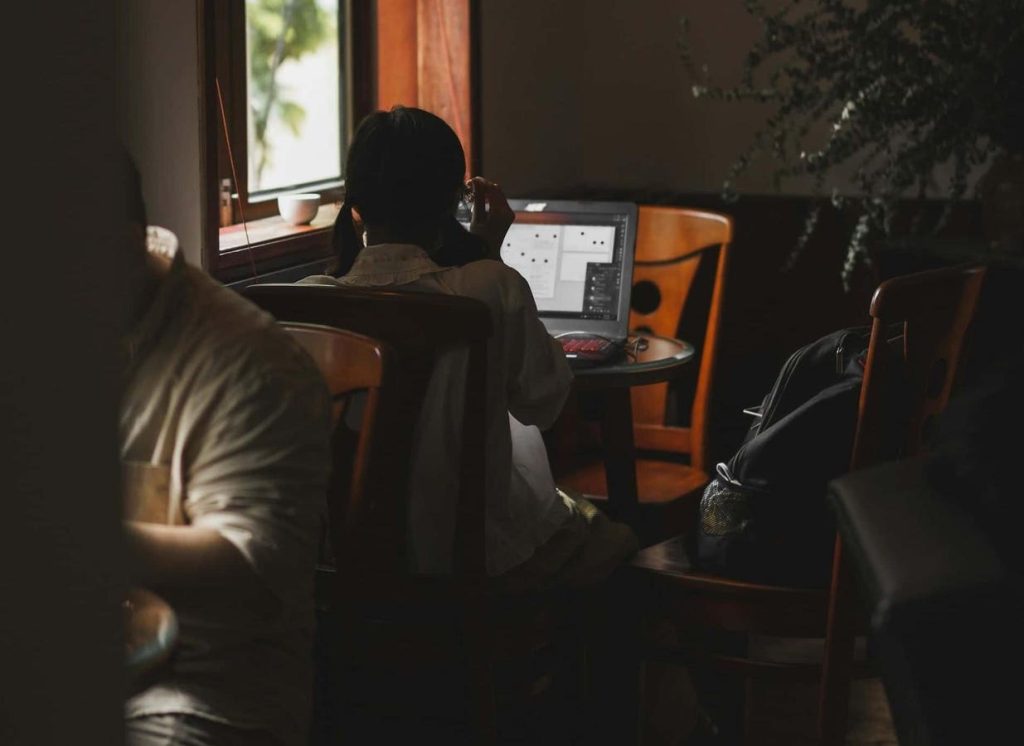The Power of "No": Reclaiming Your Time and Boosting Productivity
In a world that glorifies the "yes man," the ability to decline requests can feel counterintuitive, even rebellious. We’re taught to be agreeable, to collaborate, and to seize every opportunity. Saying "no" can seem like an admission of failure, a sign of weakness, or even rudeness. Yet, the strategic use of "no" is a crucial skill for anyone striving for success and well-being, especially in today’s demanding professional landscape. This article explores the hidden costs of overcommitting, the importance of establishing boundaries, and the art of saying "no" gracefully, ultimately empowering you to reclaim your time and amplify your productivity.
The relentless pursuit of "yes" often leads to a state of chronic overcommitment. We agree to tasks, projects, and favors, believing we can juggle it all. However, this constant juggling act comes at a steep price. Each "yes" represents a silent "no" to something else – often to personal time, strategic priorities, or simply the space to think and recharge. As Naval Ravikant wisely observes, a jam-packed calendar is the enemy of meaningful achievement. It fragments our focus, dilutes our efforts, and ultimately hinders our ability to produce truly impactful work. The desire to please, coupled with the fear of missing out, can drive us to accept requests we know we shouldn’t. This pattern of people-pleasing, however, can lead to resentment, stress, and burnout, ultimately undermining both our professional and personal lives.
Recognizing the signs of overcommitment is the first step towards breaking free from this detrimental cycle. Do you consistently prioritize others’ needs at the expense of your own? Do you agree to unrealistic deadlines out of a fear of conflict? Do you find yourself constantly stressed and overwhelmed? These are telltale signs that your "yes" habit has become problematic. Acknowledging these patterns allows you to confront the underlying anxieties and start prioritizing your own well-being. It’s about recognizing that saying "no" isn’t a sign of selfishness, but rather a crucial act of self-preservation. By protecting your time and energy, you’re investing in your ability to perform at your best when it matters most.
Establishing clear boundaries is paramount to effectively wielding the power of "no." Our boundaries are the invisible lines that define our limits, protecting our time, energy, and emotional well-being. Feelings of anxiety and overwhelm are often indicators that these boundaries have been breached. To solidify your boundaries, begin by clarifying your priorities. What are your most important goals, both personally and professionally? Write them down, and then ruthlessly evaluate incoming requests against these objectives. If a request doesn’t align with your core priorities, it’s likely a candidate for a polite but firm decline. Seth Godin’s guidelines, such as avoiding distractions from truly important work and resisting the urge to follow the crowd, offer a valuable framework for discerning when to say "no."
Mastering the art of saying "no" involves more than simply uttering the word; it’s about conveying your refusal with grace and respect. Tailor your response to the specific situation. If it’s a request you’d genuinely like to fulfill but currently lack the bandwidth, offer a potential future timeframe for reconsideration. This demonstrates your willingness while also maintaining control over your schedule. Before declining any request, ensure you fully understand its scope and implications. This not only helps you make informed decisions but also fosters a reputation for thoughtfulness and responsiveness. Even when saying "no," convey your appreciation for the request and offer a concise explanation, if appropriate. This approach maintains positive relationships while upholding your boundaries.
The transition from chronic "yes" to strategic "no" can be challenging, but it becomes easier with practice. Initially, you may experience discomfort or even guilt. However, as you begin to experience the benefits of a less cluttered schedule and increased focus, the power of "no" will become increasingly apparent. Remember Warren Buffett’s insightful observation: highly successful people are discerning about their commitments, saying "no" to almost everything that doesn’t align with their overarching goals. Embrace the power of "no" not as a sign of negativity, but as a tool for achieving greater focus, productivity, and overall well-being.
In conclusion, the ability to say "no" is not about being uncooperative or dismissive. It’s about strategically managing your most valuable resource – your time. By setting clear boundaries, prioritizing your commitments, and mastering the art of declining requests gracefully, you can reclaim control over your schedule, reduce stress, and ultimately unlock your full potential. Embrace the power of "no" as a catalyst for greater productivity, more meaningful work, and a more balanced life. It’s a small word with a profound impact, empowering you to shape your own path to success.











